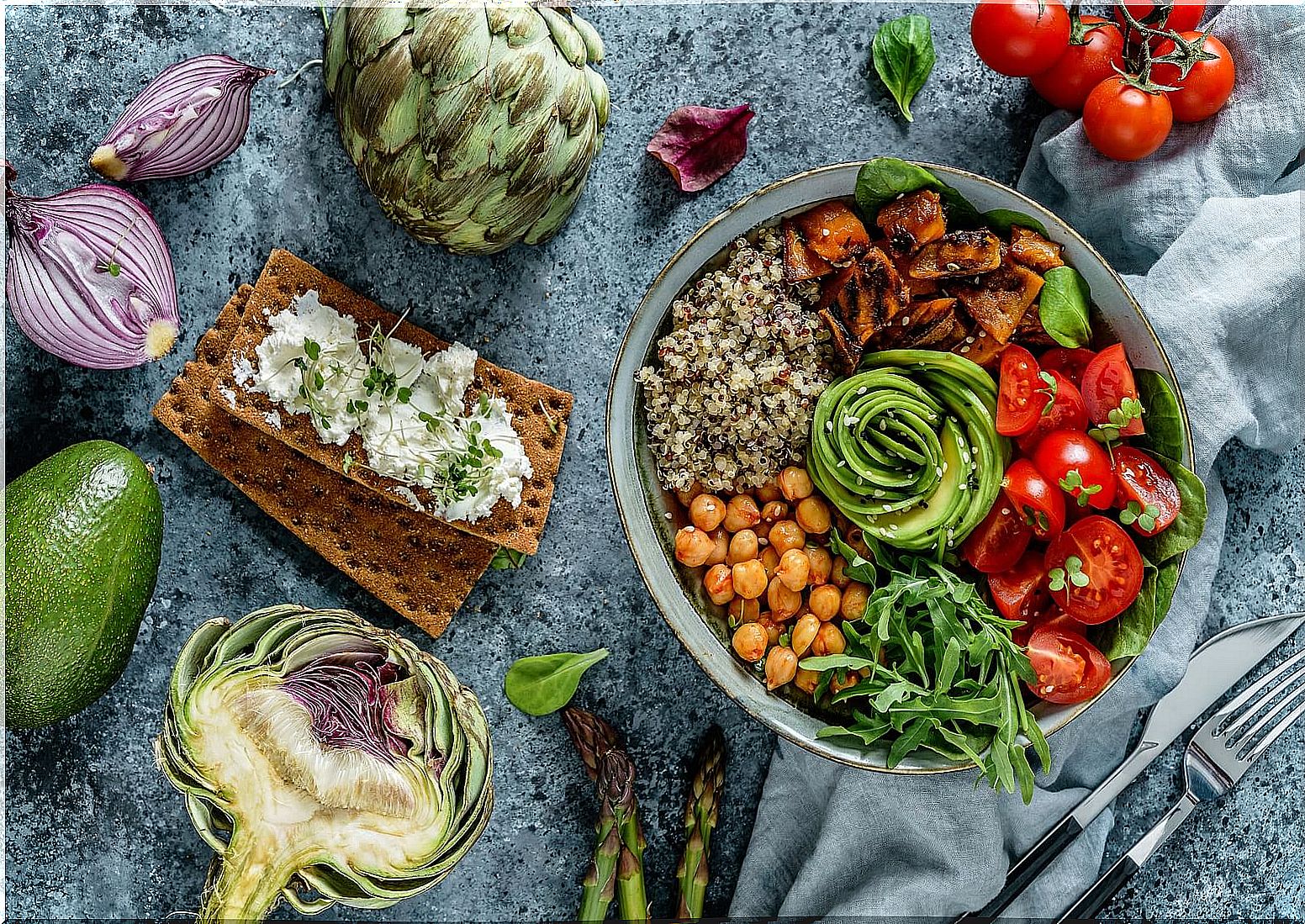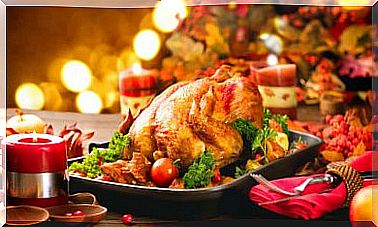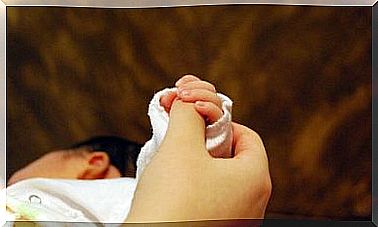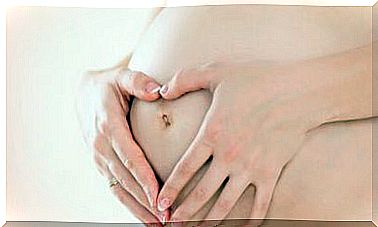My Son Is Celiac, Alternatives For His Diet
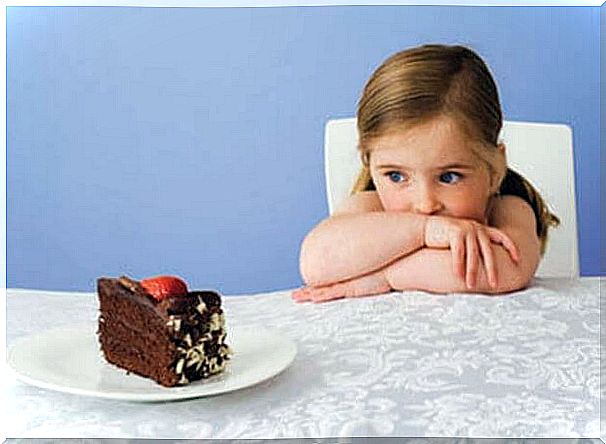
If you have left the doctor’s office with a diagnosis of celiac disease in your child, you will be partly relieved to know what is causing the intestinal discomfort, but with the uncertainty: my son is celiac, what alternatives will he have for his diet.
In this post we propose a series of interesting and practical keys so that you can overcome celiac disease without trauma and above all, induce your family in a universe of healthier eating.
Celiac disease is an autoimmune disease characterized by permanent intolerance to gluten. This genetic condition, in general, is detected in the first five years of life and contrary to other diseases, celiac disease only demands an adequate diet so as not to fall into a “crisis”.
What is gluten?
It is the general name of the protein found in cereals: wheat, barley and rye. It is the protein in charge of “binding” and giving strength to the dough and at the same time it works as yeast. Gluten is present in biscuits, cakes, pasta, pizzas, cookies, processed cereals, breads and also as a by-product in processed foods.
Symptoms that may indicate that your child has celiac disease
Although it is difficult to determine with the naked eye when a child suffers from celiac disease since many of the symptoms do not appear in principle or the disease remains asymptomatic, there are signs that due to their frequency may indicate the existence of celiac disease.
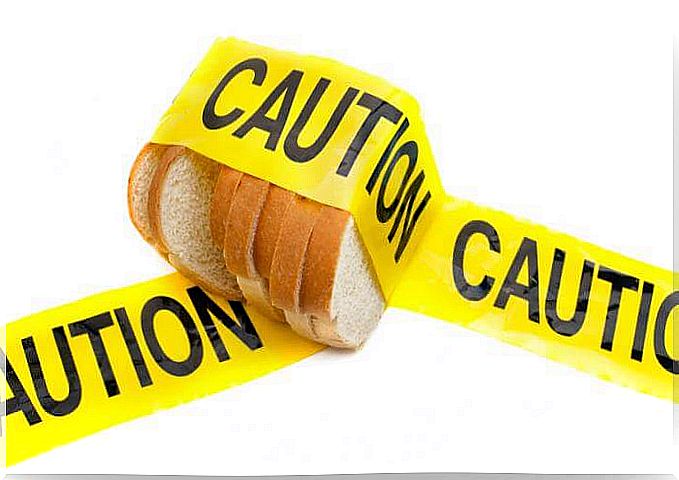
- Frequent diarrhea
- Swelling of the abdomen
- Frequent flatulence and strong odor.
- Vomiting
- Weightloss.
- Rash on the skin.
- Growing problems.
- Tiredness, fatigue
- Intestinal cramps
- Anemia.
- Character changes and behavior disorders.
Keep in mind that this pathology has a genetic component, according to a study published in GeneReviews . It usually manifests after birth and does not present a cure to this day.
What foods should my child not eat if he or she has celiac disease?
- Gluten-containing foods: pasta, breads, wheat-based cereals, barley and rye.
- Wheat germ and wheat bran.
- Couscous.
- Cakes, pastries.
- Barley malt and extracts.
- Treats that contain gluten.
- Thickeners, marinades, sauces.
- Soup bases.
- Sausages.
- Delicatessen.
Any of these foods can contain gluten in their composition. The ingestion of protein has been shown to cause cumulative damage to the intestine, putting its function at risk.
My son is celiac, alternatives for his diet
Set menus that are neither boring nor monotonous. Keep in mind that there are more food than your child can consume.
Create the habit of eating at home and carrying healthy snacks for a snack (gluten-free cookies, fruits, etc.) in the backpack to prevent the child from consuming foods with gluten.
These are foods that your child will be able to consume
- Fish and meat animal proteins and vegetable proteins.
- Milk, yogurt.
- Ice creams.
- Fish and shellfish.
- Fresh cured cheeses with a simple composition.
- Cream cheese, cottage cheese.
- Unprocessed fresh fruits.
- Eggs.
- Natural juices, fruit juice.
- Natural porridge, preferably homemade.
- Vegetables and vegetables: asparagus, carrots, beets, potatoes, broccoli.
- Rice cereals, gluten free.
- Vegetable, canola and olive oil.
- Butters
- Distilled products (vinegars).
- Salads
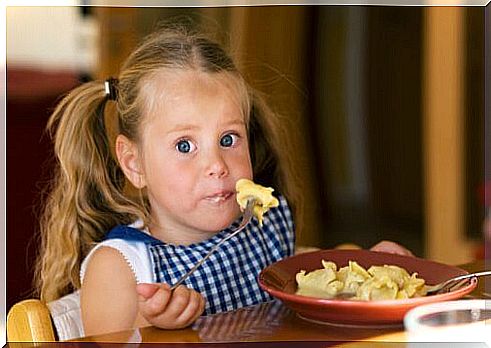
Tips for your child to lead a life without limits:
Locate the organizations or groups of parents and people with celiac disease in your region so that you have supportive and informed support about celiac disease. For example, in Spain there is the Celiac Association of Spain.
Register with your child the stores in the area that offer products for people with celiac disease.
Encourage the whole family to know the composition of food and learn to identify its components by reading labels. Today there are even applications that read labels and give an honest report of the components of the products.
If your child begins to eat a healthy gluten-free diet, you will see improvements in their health and mood between 6 and 12 weeks.
Proposes a suitable diet for celiac children
Experts recommend that celiac children consume vitamin supplements.
Encourage your child to engage in physical activities and maintain a gluten-free diet. That binomial will be enough for you to maintain your health and have a life without limits.
Inform the child about his situation and do not reserve information for him so that he – according to his age – takes responsibility for his health.
